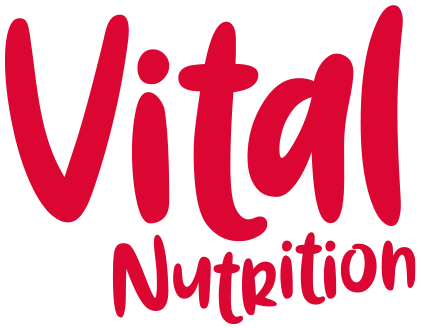Adjust your diet for the winter chill
With a chill in the air and winter setting in, it is the perfect time of year to focus your nutrition on supporting a healthy immune system.
We need a whole range of nutrients to help build and support our immunity. Protein and essential fats, antioxidant nutrients like vitamins A, C, E, zinc and selenium, as well as B vitamins, iron and vitamin D are essential.
Here are some ways that you can help give your immune system a helping hand this season:
Eat more than your daily five a day. Five portions of fruit and vegetables is the minimum recommended intake. Up your game and you will be optimising your antioxidant intake, adding extra vitamins and minerals to your diet and boosting your fibre intake. This can take a little bit of thought, but with some creative ideas, you will soon hit around seven portions a day. Start your day with a couple of portions at breakfast to get off to a good start. Soups and salads at lunchtime and veg-packed one-pot dinners are all good.
Focus on including enough vitamin A. Eat at least one each of a red, orange, yellow and green coloured fruit or vegetable in your diet every day for a little boost of beta-carotene to your plate. Beta-carotene is a vitamin A precursor that is particularly important for the health of our respiratory tract as well as for the white blood cell function.
Protein helps with cellular repair and renewal, so it is even more important if you are feeling a little under the weather. Adding nuts and seeds, Greek or natural yoghurt or eggs to breakfast can help you hit the mark for protein first thing, but also look out for some plant-based superfood blends like Naturya or Purition to add to your porridge or morning smoothies. Many of these are packed with fibre, plant-based protein and warming spices like turmeric or ginger – perfect at this time of year.
Talking of spices, they do more than just add flavour to your meals. Packed with antioxidants, herbs and spices have some great health benefits too. Many, like cinnamon, turmeric and ginger have warming and anti-inflammatory effects, rosemary is packed with antioxidants and thyme has traditionally been used for its anti-microbial effects.
Load your diet with omega 3. This essential fatty acid, found in oily fish like salmon, mackerel, trout and sardines has anti-inflammatory and immune supporting effects. Aim to include oily fish a couple of times a week. If you are vegetarian, or prefer not to eat fish, you can get omega 3 form milled flaxseed, chia seeds or walnuts.
A little handful of nuts and seeds a day will add some extra omegas, copper, zinc, selenium and protein to your day. All essential nutrients for a healthy immune system.
Iron helps keep your immune system healthy. If you are a woman aged between 11-49, you might need a little top up, as this section of the popular tend to have lower iron levels due to menstruation. Red meat will add some extra iron, and plant-based sources of iron include dark green leafy vegetables, wholegrains, nuts, beans and dried fruits.
Change your nutritional supplements with the seasons too. A decent multivitamin and mineral is a good place to start. Take a trip to your local health food shop to find an effective one – cheap supermarket brands tend to be a waste of money. Top up your vitamin D levels and consider an omega 3 supplement (unless you are on any medication – then check with your GP).
If you feel run down or under the weather, echinacea and elderberry can be really supportive and research shows that vitamin C with zinc can help reduce the severity and duration of colds and flus.

